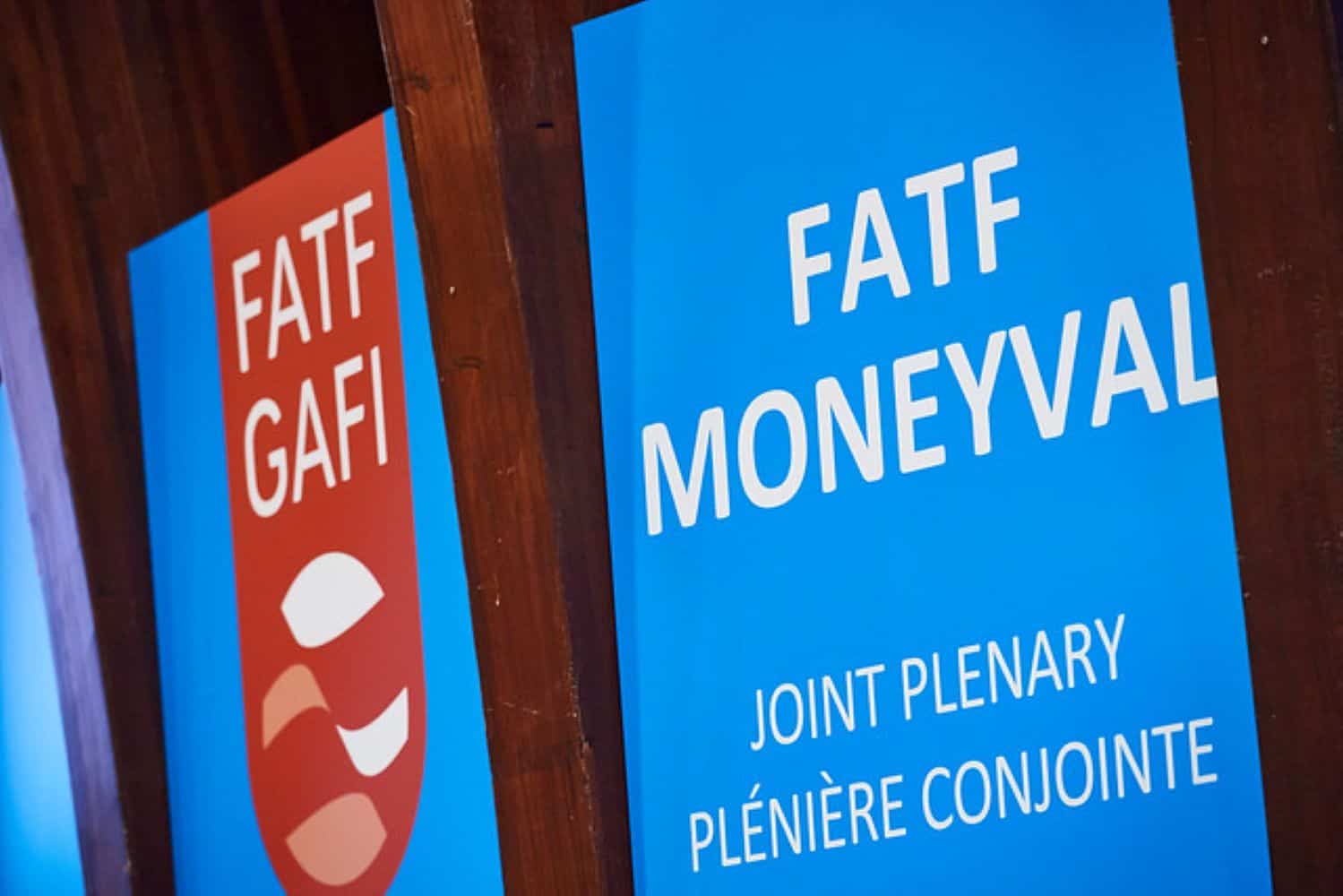It took a lot of hard work for the government and the private sector to show that it is putting adequate defences in place to protect the country’s financial system.

South Africa received great news this afternoon when it was announced at the FATF plenary in Paris that the country has finally been taken off the FATF greylist after almost three years.
The Financial Action Task Force (FATF) greylisted South Africa in February 2023 due to its failure to comply with FATF standards and measures to combat illicit financial flows, terrorist funding and potential threats to the integrity of the global financial system.
Elisa de Anda Madrazo of Mexico, the current FATF president, said at the meeting that, in a record for Africa, four countries were removed from the greylist of countries under increased monitoring, the so-called greylist: South Africa, Burkina Faso, Mozambique and Nigeria.
She pointed out that South Africa “sharpened its tools to detect money laundering and terrorist financing in South Africa”, while Nigeria now has stronger inter-agency coordination, Mozambique has improved financial intelligence sharing and Burkina Faso has enhanced financial oversight of financial institutions and gatekeepers.
ALSO READ: Will South Africa finally get off the FATF greylist?
Only one country is still on the FATF blacklist
Moving on to the blacklist, the FATF updated its public statement on Iran and reiterated its call on all jurisdictions to apply effective countermeasures.
Madrazo said the FATF gained crucial insights into where the global community needs to get stronger during the last round of assessments. “For example, looking into the last round, assessments conducted by the FATF and the Global Network found that over 80% of countries are at a low or moderate level of effectiveness on asset recovery.”
“This comes at a cost. Criminals are allowed to enjoy the benefits of their exploits, for which hard-working, innocent people pay the price. This is why, in 2023, we made major amendments to the FATF Recommendations on asset recovery, giving countries a more robust toolkit to go after criminal assets.
ALSO READ: Will SA finally be off the grey list after Financial Action Task Force visit?
National Treasury says hard work on deficiencies paid off to get SA off FATF greylist
National Treasury said in response that the government worked tirelessly to address all the deficiencies that FATF identified, which were reflected in the 22 Action Items in the Action Plan agreed between South Africa and the FATF.
Over the past 32 months, South Africa engaged with a team of reviewers assigned by the FATF to assess progress against the Action Plan. This culminated in an on-site visit at the end of July 2025, when the assessors came to the country to confirm the sustainability of the reforms reported to them.
This concluded with a meeting with deputy minister of finance, Dr David Masondo, and deputy minister of justice and constitutional development, Andries Nel, who assured the FATF of the government’s political commitment to continue to sustainably improve the country’s Anti-Money Laundering and the Combating the Financing of Terrorism (AML/CFT) system.
According to the National Treasury, South Africa’s progress in addressing the AML/CFT deficiencies and exiting the FATF greylist represents a major policy and institutional achievement for the people of South Africa, particularly after the weakening of key law enforcement and other institutions during the state capture era.
ALSO READ: South Africa well on its way to get off FATF grey list
Exiting FATF greylist just the beginning
However, Treasury said, while exiting the greylist is an important milestone and a demonstration of South Africa’s commitment to rebuilding the rule of law, it is only the start of a broader process to continue to strengthen key institutions, improve enforcement and governance processes and ensure that these improvements are sustainable and that our systems become increasingly effective in combating money laundering, terrorism financing and proliferation financing.
“Neither government agencies nor regulated entities in the private sector can afford to become complacent and stop improving. Instead, through public-private collaboration, they must continue to strengthen the AML/CFT system.
“The FATF requires countries that have exited the greylist to demonstrate continued commitment through measurable outcomes, including successful investigations, prosecutions and sanctions as they relate to AML/CFT.
“These actions will form the basis of the next FATF Mutual Evaluation for South Africa, which is expected to commence in the first half of 2026 and conclude in October 2027. To prevent being placed back on the greylist, it is important that systems of monitoring and enforcement work more efficiently and effectively and that there are no gaps by the time of the Mutual Evaluation.”
Preparations for this have already started, and Treasury says it remains confident that South Africa will be able to sustain the progress made.
ALSO READ: Financial Intelligence Centre: Lawyers and estate agents keeping SA on grey list
FATF decision to let SA exit greylist welcomed by Operation Phumelela and B4SA
Operation Phumelela, South Africa’s Financial Sector Competitiveness Taskforce established to enhance the country’s position as a leading international financial centre and gateway for investment into Africa, welcomed the news.
“This landmark achievement restores confidence in the country’s financial system and strengthens its position as a leading African financial hub. It reflects years of collaboration between government, regulators, law enforcement and the private sector to enhance financial transparency, combat money laundering and support sustainable economic growth.
“The exit from the grey list is expected to improve investor confidence, reduce transaction costs and attract greater foreign investment.”
Business for South Africa (B4SA) also welcomed the news, saying it marks a significant milestone for the country and reflects the extensive work undertaken by government, regulators and law enforcement agencies to strengthen South Africa’s anti-money laundering and counter-terrorism financing framework.
“The reforms implemented over the past two years, including legislative changes, institutional strengthening and improved supervisory capacity, demonstrate South Africa’s commitment to safeguarding the integrity of its financial system.
ALSO READ: The risks of doing business with politically exposed persons
BACSA and BLSA also think exiting the FATF greylist is an excellent outcome for SA
Neal Froneman, chairman of Business Against Crime (BACSA), who, together with Mary Vilakazi and Jannie Durand, champions the Partnership’s Crime and Corruption focal area, said it is an excellent outcome for South Africa.
“The initiatives underway to tackle crime and corruption are not only crucial for unlocking investment in the country but also meaningful to the lives of ordinary South Africans. There is more work to be done, but what has been achieved so far again demonstrates the benefits that can be unlocked when the private and public sectors work together in the national interest.”
South Africa’s removal from the grey list will help reduce transaction costs, enhance investor confidence and improve the ease of doing business, particularly in the financial sector. Froneman says it sends a clear signal to international partners that South Africa is committed to transparency, accountability, and global best practice.
Business Leadership South Africa (BLSA) says South Africa’s removal from the FATF greylist is a strong indicator of the progress the country is making. “BLSA commends all the parties involved for their collective efforts to strengthen regulatory efforts since 2023.”






